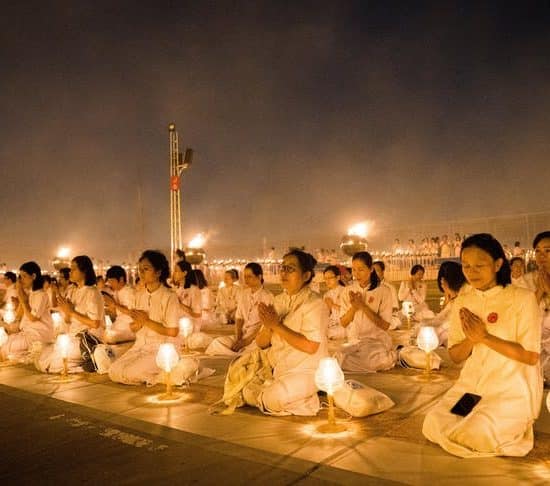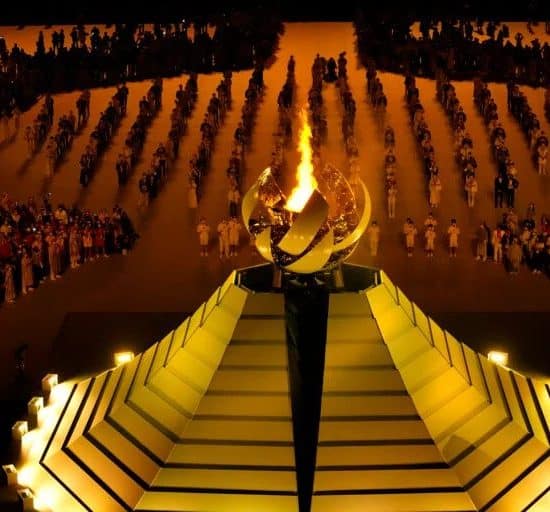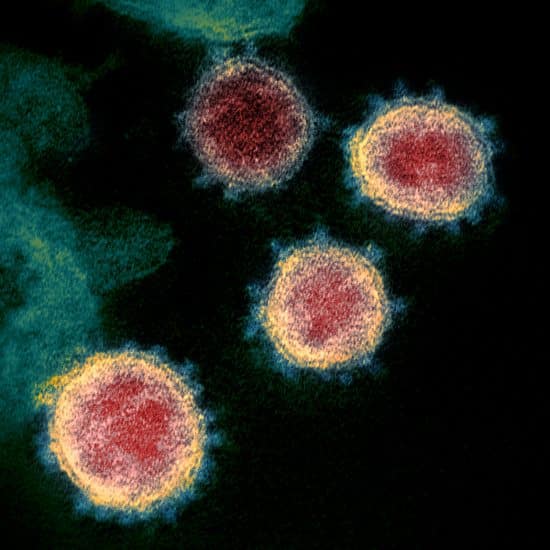VALLEY FORGE, Pa. (ABP) – Three weeks after a 9.0 magnitude earthquake and massive tsunami hit northeast Japan, transportation had opened up to allow some aid to flow into affected areas but gasoline shortages and fear of radiation from a damaged nuclear power plant were taking their emotional toll, an American Baptist missionary reported April 1.
“The emotional strain can be easily overlooked,” missionary John Armagost wrote in an update on the International Ministries website. Armagost, who works with children and youth ministries in several Japanese churches, said Baptists there are working to help meet basic needs like food, water and shelter.
He said one pastor told him that food is slowly appearing in stores, but lines are long. People wait four or five hours for heating kerosene, and gasoline had not yet been restored. “People are getting tense and rundown,” the pastor said, as people spend so much time searching for daily necessities.
Roberta Stephens, a long-time American Baptist missionary to Japan, wrote that conditions in the North are improving, but the lack of gasoline and fears related to the damaged nuclear reactor at the Fukushima Daiichi power plant remain as the top two problems.
Stephens said the Japan Baptist Union has established a “conservative” fund-raising goal of $250,000 for its emergency plan needed by the end of May. She said that barely takes into account the needs of a single church where she served for 18 years. She said the Skokei church was meeting in a tent because its building is structurally unsound. The Itako church north of Tokyo had a similar problem, she said, but they will not have to rebuild totally.
“The JBU churches are bewildered by this figure, and yet it is far too little,” she said. “Many cannot even fully support their pastor.”
American Baptists have worked in Japan since 1873 and are partners with the Japan Baptist Union. Roy Medley, general secretary of American Baptist Churches USA, wrote a letter to Japanese Baptists saying everywhere he goes he hears expressions of concern about the situation in Japan.
“In these difficult days, we want you to know that you are in the prayers of our churches and people as you mourn the loss of so many thousands and as you contend with the precarious nuclear plant situations,” Medley wrote.
Angela Sudermann, International Ministries’ coordinator of volunteers in global missions, said many people have called and e-mailed offering their time and talents to serve the people of Japan.
“Right now, the Japanese can’t turn attention to volunteers from overseas until there is a way to sustain them with water, gas, electricity, toilets.” She said the best way to help for the time being is financial donations to help Japanese Baptists provide basic needs for families who have lost everything they owned.
“Your time and talents will be needed in the future as needs are determined, priorities sorted out, and strategies are made,” she said.
The Cooperative Baptist Fellowship does not have any global missions field personnel in Japan, but it does have a partnership with the Japan Baptist Convention, started by Southern Baptist Convention missionaries who first arrived in Japan in 1889.
Makoto Kato, executive secretary of the Japan Baptist Convention, reported that transportation was so severely damaged by the March 11 disaster that it was nearly impossible to deliver relief supplies for the first two weeks.
Since March 25, he said the convention has been making daily deliveries of basic necessities like water, food, clothing, gasoline and kerosene.
“This winter has been much colder than in recent years, making the comfort and health of the refugees a major concern,” he said. “We anxiously pray for the many victims struggling in severe living conditions.”
Kato said that none of the convention’s churches received heavy damage and all were outside the evacuated area around the nuclear power plant, but some church members in the area could be affected by radioactivity. Small children and pregnant women are most at risk.
The Japan Baptist Convention is seeking to raise 50 million yen — the equivalent of $595,000 — for relief work until March 2012.
One Japanese Baptist pastor has gotten attention for posting an online diary, one of the few voices addressing concerns from a Christian perspective. Pastor Akira Sato evacuated the 60-member Fukushima First Baptist Church, located three miles from the damaged power plant. The church was established by American Baptist missionaries before the power plant was built in the 1960s.
Sato is living in a makeshift shelter in a church 60 miles away with about 50 other people.
“Living with 50 people — cooking, eating, and sleeping with them — is out of the ordinary,” he logged March 21. “It has been 10 days now and I can’t even tell what is ordinary and what is not. I am trying to accept it and go with the flow. By doing so, I might be charging my battery for the days to come.”
-30-
Bob Allen is senior writer for Associated Baptist Press.





